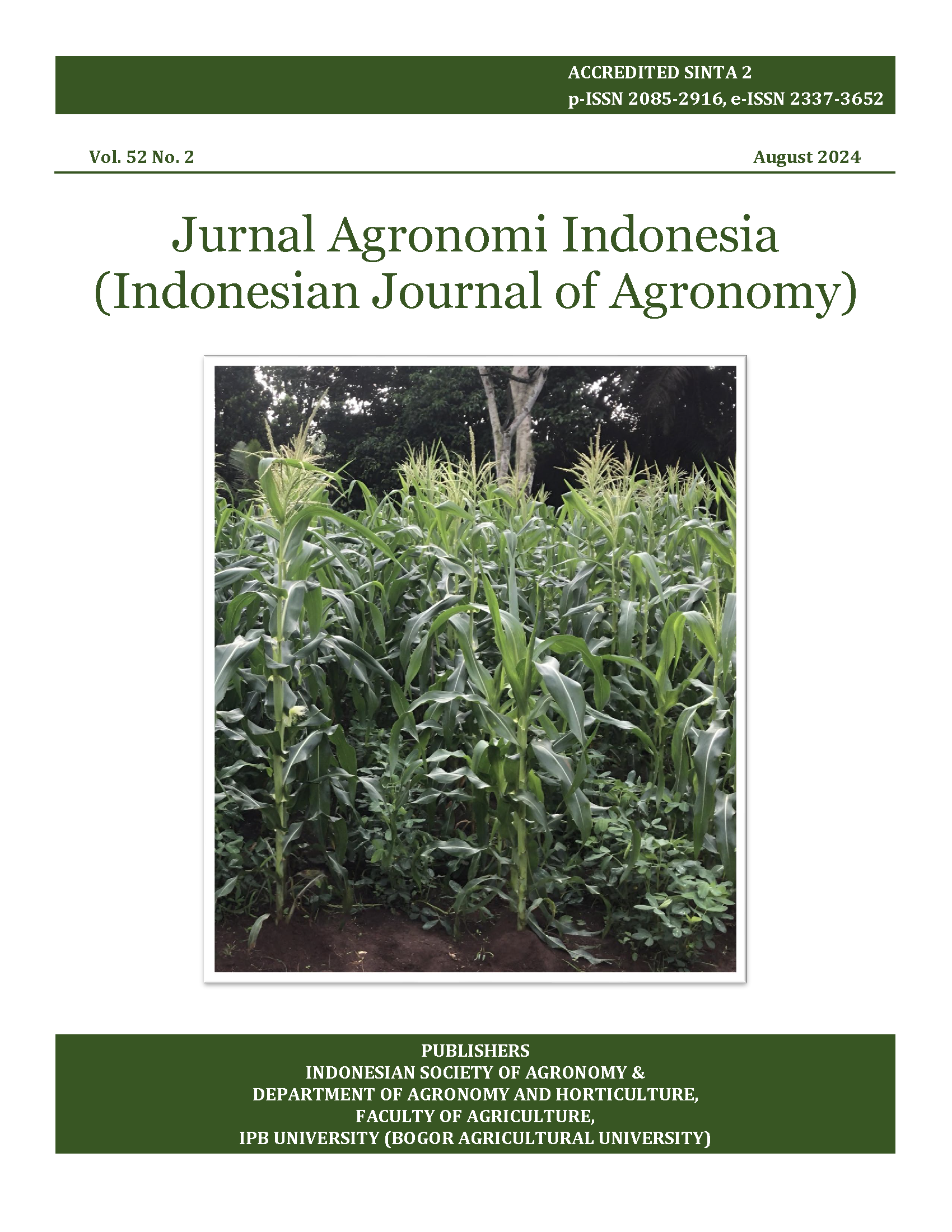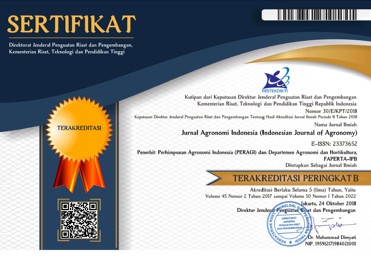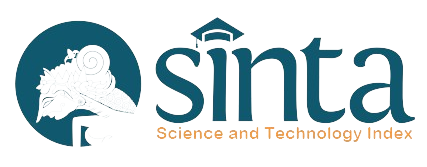Effectiveness of mycorrhizae in tomato cultivation with nutrient stress levels in peat soil of West Kalimantan
Abstract
The growth and yield of tomatoes in peat soil with limited nutrient availability are expected to increase with the application of mycorrhizae, where mycorrhizae plays a role in the efficiency of fertilization in plants. The study aimed to determine the effectiveness of arbuscular mycorrhizae fungi (AMF) from peat ecosystems and alluvial soil ecosystems on the growth and yield of tomatoes at different levels of nutrient stress in peat soil. The study was conducted using a completely randomized factorial design. The first factor was the type of soil source of AMF propagules (without AMF, AMF from peat ecosystems, and AMF from alluvial soil ecosystems). The second factor was the dose of NPK fertilizer (100%, 75%, 50%, and 25% of recommended). The results showed that arbuscular mycorrhizae fungi propagules originating from peat ecosystems and alluvial soil ecosystems increased the growth and yield of tomatoes on peat soil. The AMF propagules from peat vegetation with 50% NPK fertilization of the recommended dose effectively increased the production of tomato plants based on the variables of single-fruit weight and total fruit weight per plant.
Keywords: biofertilizer; mycorrhizae propagule; tomato production













